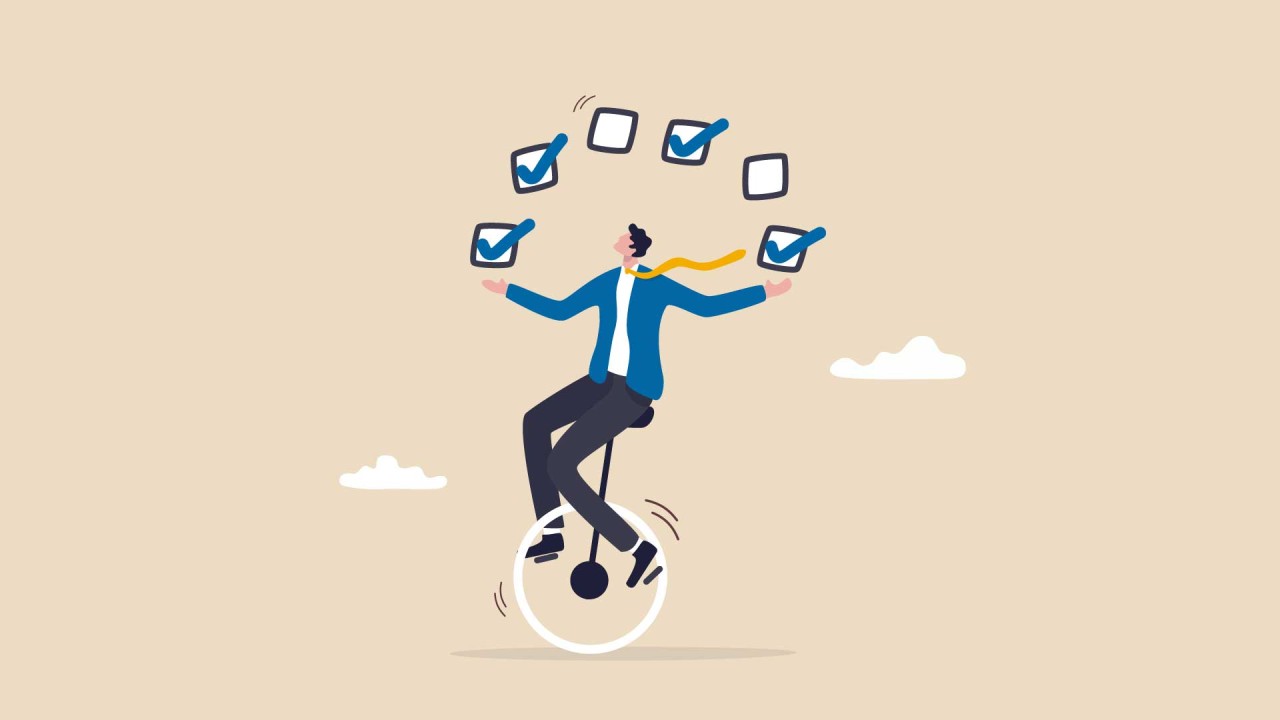.
You can’t do everything - why finding moments of joy can help your mental health
How many people do you know who are struggling with their mental health right now? Are you using all your fingers to count them? Us too. But in this post, Kerry Leigh shares how finding moments of joy and learning to stop trying to do everything can make all the difference.
Moments of joy
Does your brain feel like a snow globe that’s been given a good shake? Are you struggling to see ahead because it’s taking ages for the dust and glitter to settle? You’re not alone.
The world has taken a shaking from the coronavirus pandemic, and, as a result, we’re living with a mental health pandemic.
But it’s going to be okay.
Alas, there is no magic wand (sorry). And it’s not going to be easy, but there is still room for joy.
Moments of joy this week:
- One of my teenage offspring (whose recent behaviour makes Kevin and Perry look like a documentary filmed in our home) gave me an unprompted hug.
- The woman sat behind me at the services as I type this has just broken into song (Sia’s Chandelier, if you’re interested)
- There have been SO many rainbows (I know I bang on about this every time I write, but I’m NOT sorry). If this is irritating you, then what unexpected moments give you joy? Please share when they happen. Spread the love.
Does this request for what gives you joy make you want to scream: ‘I don’t have time for joy?!’
Breaking news - you can’t do everything
You really can’t do everything. You can’t! Yet you live in a world that makes you feel like everyone else appears to be able to, so why can’t you? What’s wrong with you? Just sleep less and do more, right?
No! Stop!
Listen, I don’t have a top ten, a top five, or even a top three tips for you to take away today to help. But I do have one thing for you, so you don’t have the pressure of having to choose. It’s simply this:
Put your phone on Airplane mode and set a timer for an hour if you can, or twenty minutes at the very least. No one can contact you. There are no notifications to check. How do you feel? Some will be immediately relieved. Some will be anxious (‘but my people need me!’). Use this time to focus on ONE task, whether that’s work, moving your body, or doing the laundry.
We are not designed for multitasking. We think we are, but what we end up doing is stop-starting lots of tasks and inevitably making mistakes, getting stressed, and ultimately getting mentally and physically unwell.
Your window of tolerance
Many of us are trying to recover from the trauma of sudden change, loss, and disconnection. And life continues throwing more at us while we try to do this. Each of you will have your own stuff going on, and globally there continue to be significant challenges. Your window of tolerance may have narrowed.
The window of tolerance is a model developed by Daniel Siegel in the late 90s. It can help you notice when you’re moving outside your tolerance zone, recognise it's time to stop, and take time out.
You can’t drive on an empty tank. Jaysus, who am I – Jeremy Clarkson? I know my hormones are giving me facial hair, but I draw the line at wearing beige and becoming a total a***hole. However, I am getting bossier. I can’t tell you what to do, but I can strongly advise.
And I strongly advise that you make time to STOP, breathe, and choose Airplane Mode.
Ready for take-off?
_________________________________________________________
If you’d like further support or information about how we can help your organisation with mental health, email doug@laughology.co.uk or take a look at our Mental Health in the Workplace training workshop.
























